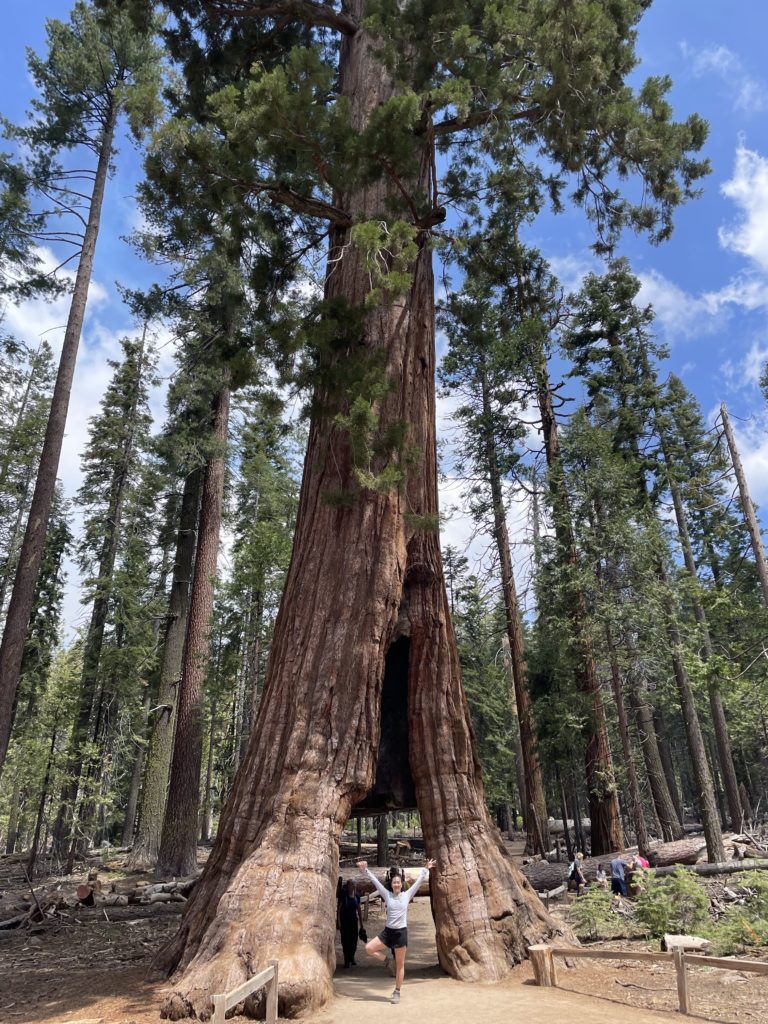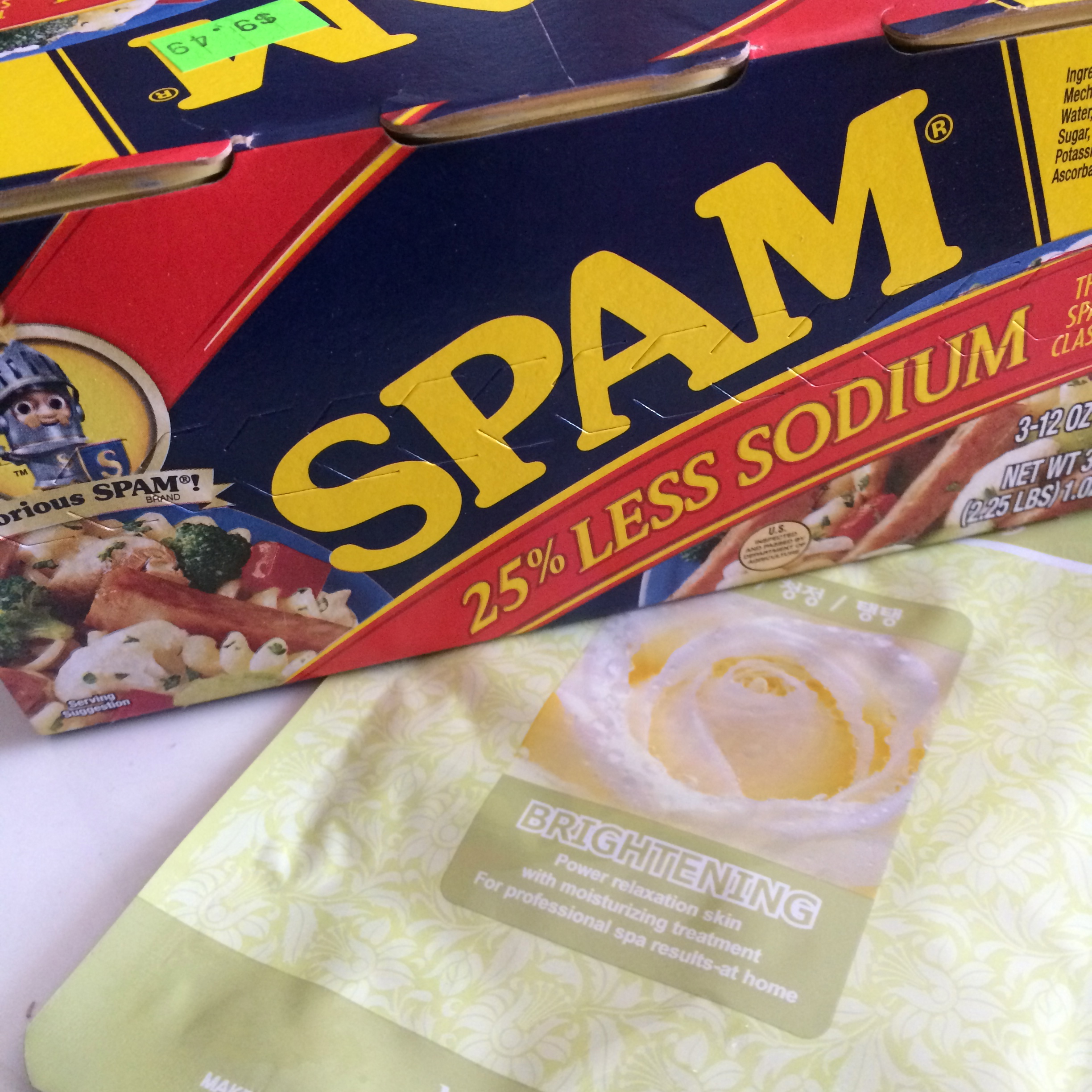I am not in the United States.
I am not going to be an election judge Tuesday.
I am not going to be glued to a screen watching Steve Kornacki.
My daughter, whose first presidential election cycle as a registered voter included the circus of the Clinton-Trump debate on her college campus, suggested the best thing for me and my mental health would be to leave the United States for a few days.
”Mom, do you want to go to Milan with me?”
What would you have said?
I hesitated. She gave me the proposed dates and asked what I was doing. I was going to vote. I was supposed to be an election judge. I had to find subs for almost two weeks of classes (and not be paid for those classes). I have 500 words due next week. I had to think about jet lag and a board meeting five days after returning home. What I didn’t worry about was how my husband and two sons would fare without me because they and I are GROWN.
I hesitated because even though I am far from a “country first” kinda person I didn’t have the imagination for a citizenship that cares deeply AND at an ocean’s length during this particular vote.
I hesitated because my internal critic went first to privilege and only much later went to parenting.
I hesitated because my mind operates in binaries even though I know we operate in and out of nuance. It’s easier to land back in good or bad – good or bad citizen, good or bad parent, good or bad person.
”Mom?”
”I don’t know. Thank you. Let me think about it.”
No, really. What would you have said?
It took a few days to think about it, to work through the internal noise, and shake off the hesitation. Parenting or privilege. Parenting and privilege. Yes, but could also include yes, and.
We have been out here for just shy of a week. I have listened to 2.5 podcasts and saw the front page of one U.S. newspaper’s international edition. I watched the SNL cold open after seeing it mentioned on social media. I am almost done with my re-read of Min Jin Lee’s “Pachinko”, which you all should read if you haven’t already. We are seven hours ahead of my home, so I will go to bed Tuesday night knowing as much as My Dear Readers do, where it will be Tuesday evening.
And with the miracle of a social construct called time and the power of the internet, I will wake up Wednesday morning to the same information you, My Dear Readers, will have had as you went to sleep.
I’m not not thinking about the election
I am so grateful for those of you who have been canvassing and phone banking. I am so grateful for those of you knocking on doors, offering to get your neighbors to the polls, etc. I am so grateful for the space to turn down the noise of this particular election that has been on the minds of so many of us since November 2022. And I am especially grateful for all of my fellow poll workers and election judges. I’ll see you in the spring at our local elections – school boards, library board, and mayor for those of us in the ‘Ville!
Instead of making sure people understand that your name IS NOT ON THE BALLOT so no one can trace your ballot to your name, I am taking advantage of my privilege.
What is that privilege? I am naturalized citizen committed to civic engagement and I am the parent of an adult child who wants to spend time together. So many of My Dear Readers read years of my thoughts on parenting children through adolescence, and the fruit of that good work – the parenting and the writing – continues to surprise me. This is that privilege. To continue writing, to continue parenting, to continue to care for and influence the world while caring for and influencing those closer, including myself.
What are you doing to care for yourself and yours?
My Dear Readers, even if you can’t do what I am doing in the same way I am doing it, is there something you can do to take care of yourself and yours a little better this time around? Can you get a little more sleep? Can you turn off the devices just a little longer? Can you sit with yourself and your loved ones a little longer and just be still for a few moments? Have you had some water? Moved your body? Taken a few deep breaths? Turned off your devices?
The votes are being cast and counted and it’s all so very important, but so are you and yours.
A grounding exercise
Wherever you are right now, take a few steady breaths.
Notice one thing you can taste, touch, smell, see, hear, and feel emotionally right here.
Taste, touch, smell, see, hear, and feel emotionally.
Relax your jaws and your face. Move your body – big and/or small movements – for a few rounds of regular breath. Maybe rock or sway until you feel like you can or want to be still.
And then take three deep breaths – inhale through your nose, pause at the top of the breath, and then exhale with an open mouth and sigh aloud if you feel comfortable.
Inhale through your nose, pause, and exhale with a sigh.
Inhale through your nose, pause, and exhale with a sigh.
Inhale through your nose, pause, and exhale with a sigh.
Are your jaws and face still relaxed?
Can you remember those six things? Taste, touch, smell, see, hear, and feel emotionally.
You are here. Right here. Breathe.
And we can scream together for one reason or another.


